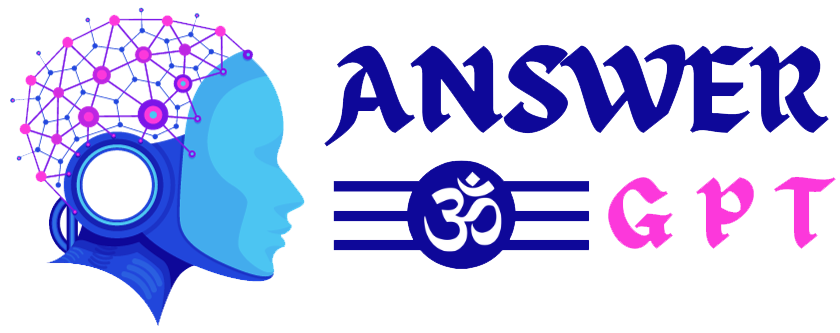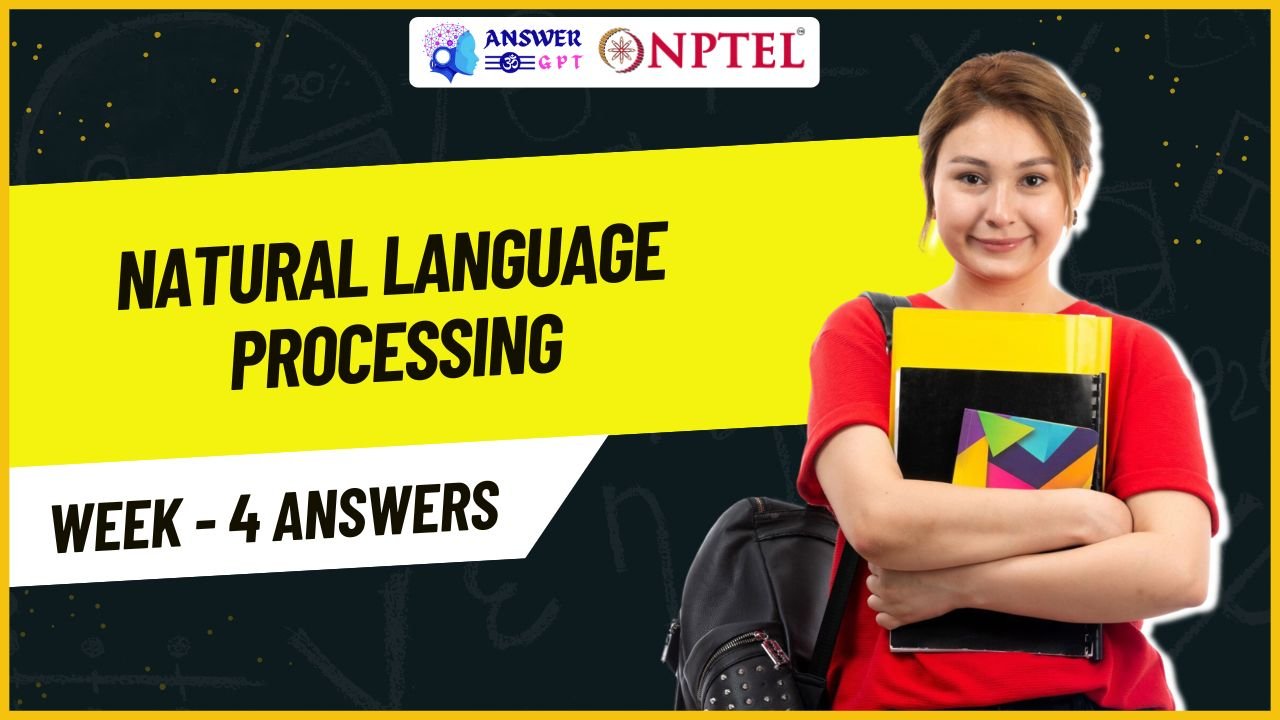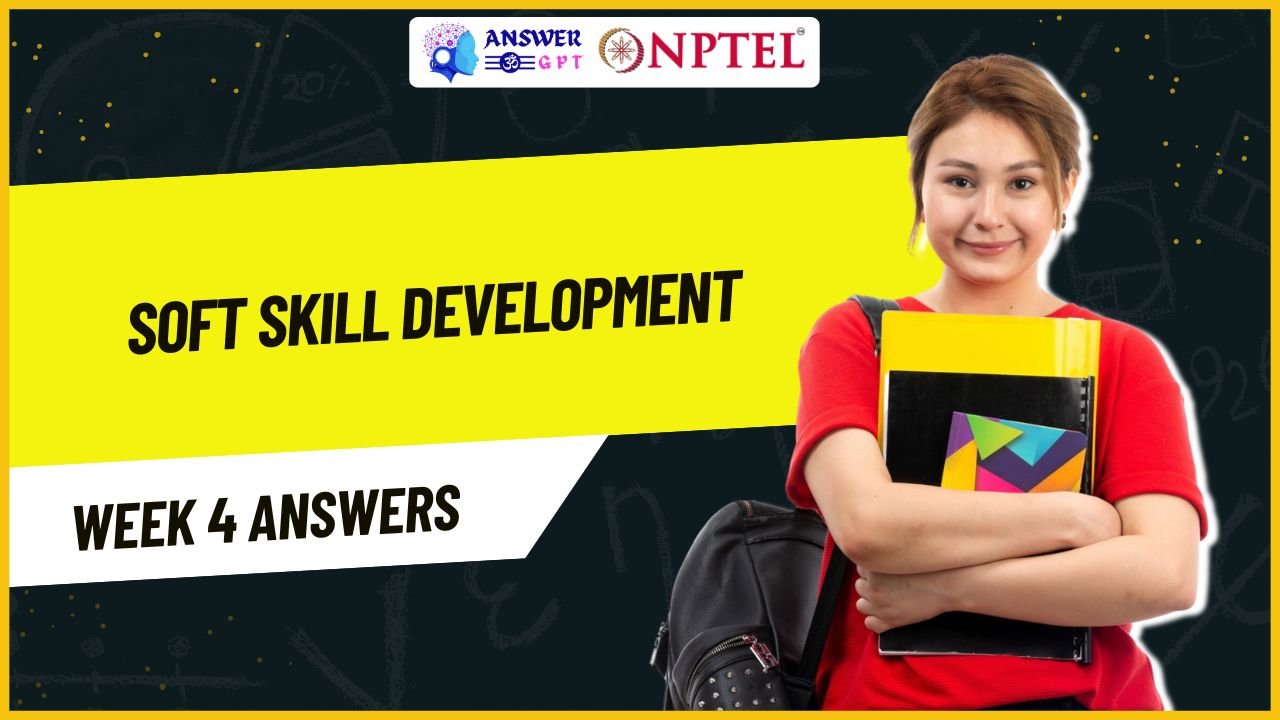Leadership and Team Effectiveness Week 4 NPTEL Assignment Answers 2025
NPTEL Leadership and Team Effectiveness Week 4 Assignment Answers 2024
1. Which of the following is not considered the characteristic of Intelligent Leaders?
- Are Faster learners
- Make better assumptions, deductions, and inferences.
- Don’t have a compelling vision
- Can develop better solutions to problems
Answer: ✅ Don’t have a compelling vision
Explanation: Intelligent leaders are typically visionary and forward-thinking. Not having a compelling vision contradicts this trait, making it not a characteristic of intelligent leaders.
2. Which of the following intelligence emphasize on street smarts and common sense ability?
- Practical intelligence
- Creative intelligence
- Analytical intelligence
- Emotional intelligence
Answer: ✅ Practical intelligence
Explanation: Practical intelligence involves real-world problem-solving, common sense, and the ability to adapt — often referred to as “street smarts.”
3. Which of the following term refers to feelings that tend to be less intense than emotions and that lacks a contextual stimulus?
- Affect
- Emotions
- Moods
- Thinking
Answer: ✅ Moods
Explanation: Moods are generally less intense than emotions and don’t have a specific trigger or context, unlike emotions which are responses to identifiable events.
4. State true and False According to Daniel Goleman et al., People are not born with general emotional intelligence that determines their potential for learning emotional competencies.
- True
- False
Answer: ✅ False
Explanation: Daniel Goleman suggests that people are born with a general emotional intelligence that forms the base for learning emotional skills over time.
5. _____________ refers to the potential influence one has due to the strength of the relationship between the leader and the followers.
- Legitimate Power
- Expert power
- Referent Power
- Reward Power
Answer: ✅ Referent Power
Explanation: Referent power comes from strong relationships and admiration that followers have for a leader, often built through respect and trust.
6. Which of the following tactic leaders use to appeal people’s values and ideals or seek to arouse their emotions to gain commitment for a request or proposal?
- Consultation
- Exchange
- Rational Persuasion
- Inspirational Appeals
Answer: ✅ Inspirational Appeals
Explanation: Inspirational appeals target values, emotions, and beliefs, making people more committed through emotional engagement.
7. There is a distinction between leaders and managers that says leaders do the right things whereas managers _________________.
- Do things wrong
- Do ambiguous things
- Control things
- Do things right
Answer: ✅ Do things right
Explanation: Managers focus on efficiency and following procedures correctly (“doing things right”), whereas leaders focus on direction and vision (“doing the right things”).
8. _____________ leadership is the sharing of power and influence, with one person remaining in charge.
- Moral Leadership
- Ethical leadership
- Shared Leadership
- Inclusive Leadership
Answer: ✅ Shared Leadership
Explanation: Shared leadership involves collaborative decision-making and influence, even though ultimate authority may remain with one leader.
9. State true and false Theory Y managers tend to take a pessimistic view of their people, and assume that they are naturally unmotivated and dislike work.
- True
- False
Answer: ✅ False
Explanation: This statement describes Theory X, not Theory Y. Theory Y assumes that people are self-motivated and enjoy their work.
10. ___________ tactic differ from consultation in that they are used when agents seek the aid or support of others to influence the target.
- Requesting
- Coalition
- Socializing
- Personal Appeals
Answer: ✅ Coalition
Explanation: Coalition tactics involve enlisting the help of others to persuade someone, rather than simply consulting or advising.

![[Week 1-12] NPTEL Leadership and Team Effectiveness Assignment Answers 2025](https://answergpt.in/wp-content/uploads/2025/01/Leadership-and-Team-Effectiveness-2025.jpg)

![[Week 1-12] NPTEL Leadership and Team Effectiveness Assignment Answers 2024](https://answergpt.in/wp-content/uploads/2024/01/Leadership-and-Team-Effectiveness-Assignment-Answers-2024.jpeg)


